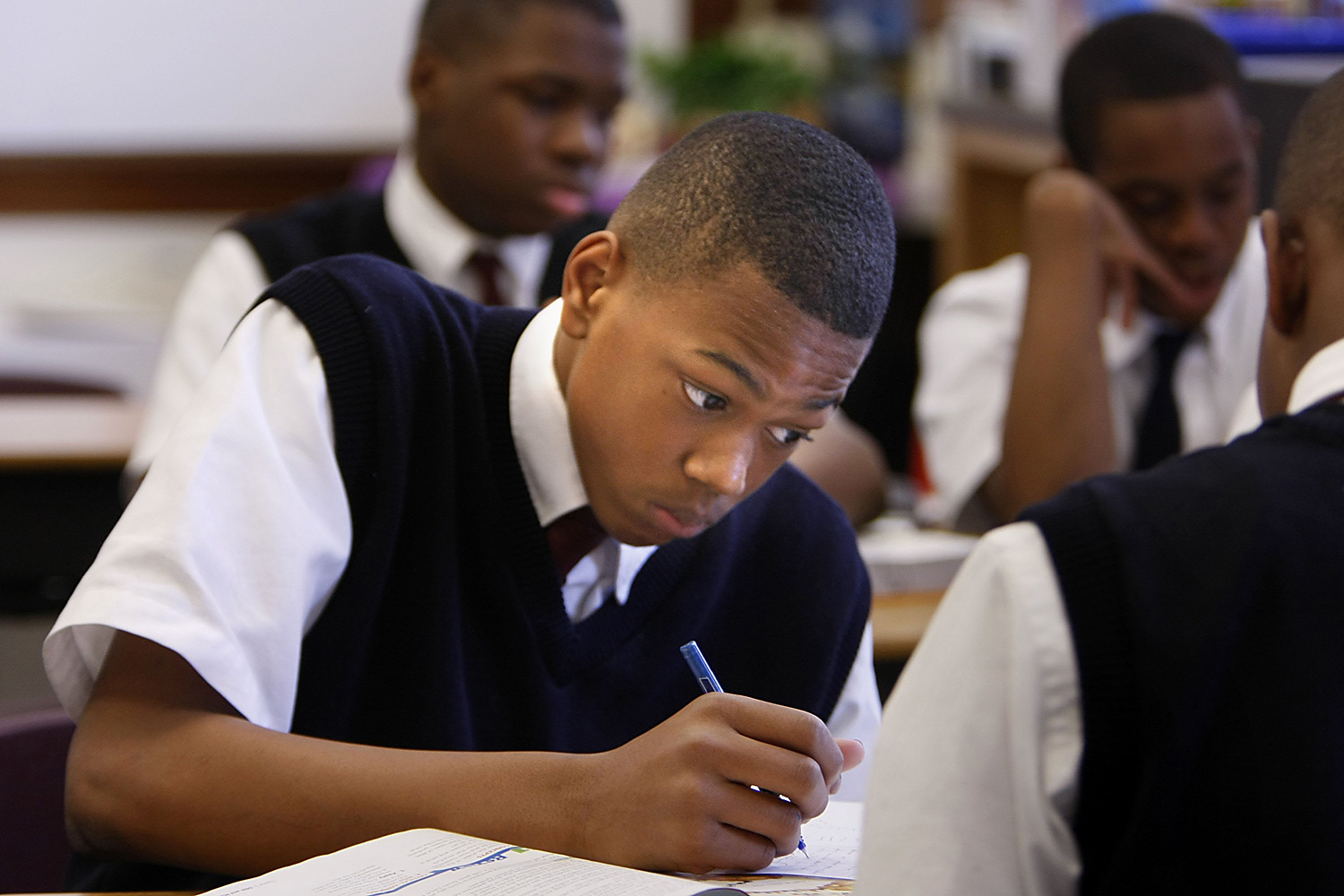
Funding gaps derailing universal education in Africa
 UNESCO is raising a red flag that the world and specifically sub-Saharan Africa is likely to miss a key deadline for ensuring universal education.
UNESCO is raising a red flag that the world and specifically sub-Saharan Africa is likely to miss a key deadline for ensuring universal education.
UNESCO in its findings says that progress in achieving universal education has stagnated mostly in low-income countries due to a halt in additional aid.
“Four years ago, global leaders agreed that by 2030 all girls and boys should be able to complete free quality primary and secondary education, but funding gaps are holding back progress,” a new report by the UN’s education agency (UNESCO) said on Tuesday.
The report reiterates calls for a “global action plan” for education — similar to what was launched for the global health sector last year — and says that international aid for education will need to increase six-fold if there is to be any hope of meeting the SDG targets. Aid for education has remained stagnant, at around $13 billion a year since 2010.
The Sustainable Development Goal number-4, on global education, had projected a substantial increase in the number of scholarships available to developing countries. Many of those scholarships were earmarked for small island developing states and African countries and were to be used for enrollment in higher education and vocational training.
Another report released by UNESCO last week also showed that, despite progress in closing the gender gap in education in recent years, a third of countries still do not have gender parity in primary school and half do not have equality in secondary education.
There are 92 literate women for every 100 literate men globally, and in low-income countries, as few as 77 literate women for every 100 literate men.
However, there is one small bright spot. The UN expects by 2030, a great improvement in the supply of qualified teachers, thanks to international cooperation in improving teacher training in developing countries. But UNSECO says the number of trained teachers is falling in sub-Saharan Africa.
In sub-Saharan Africa, only 64% of primary and 50% of secondary school teachers have the minimum required training, and this percentage has been declining since 2000, as a result of schools hiring contract teachers without qualifications to cover gaps at a lower cost.
UNESCO is calling on education actors to move with speed to deliver on SDG 4. The UN education agency said almost one-third of the period Planned for the achievement of the SDGs has already elapsed, and the generation that should finish secondary school by 2030 is now entering school.
It further says that given the urgency of the SDGs and the stagnation in many indicators of educational development, the complacency of political leaders must immediately end.






